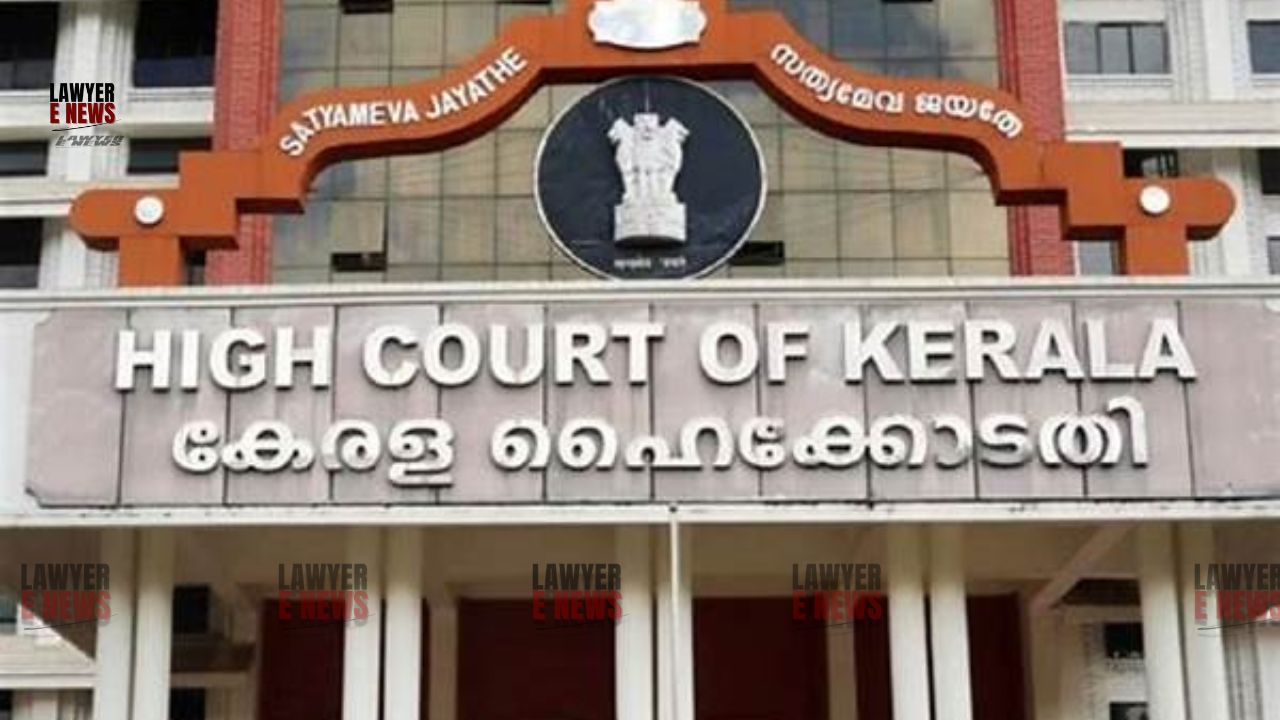-
by Admin
15 February 2026 5:01 PM



The Kerala High Court has set aside the trial court’s dismissal of a suit for partition, remanding the case for a fresh evaluation of the evidence regarding the validity of two gift deeds executed under Mohammedan law. The court stressed that the essentials of a valid gift—declaration, acceptance, and delivery of possession—must be thoroughly examined, particularly when the donee, who is crucial to establishing these elements, did not testify.
The case involves a dispute over the partition of properties left by late T.K. Abdulla, who passed away in 2011. The appellant, Naseer T.K., Abdulla’s son, sought a partition of the family’s immovable and movable properties. However, the suit was challenged by his mother, the first defendant, and his sister, the second defendant, who relied on two gift deeds executed by Abdulla in favor of the second defendant. The trial court dismissed the suit, upholding the gift deeds and finding no merit in the claim for partition.
The Kerala High Court scrutinized the trial court's findings, emphasizing that under Mohammedan law, a gift is valid only if it fulfills three essential conditions: declaration, acceptance, and delivery of possession. The court noted that these elements were not sufficiently proven by the defendants. In particular, the donee’s failure to testify raised significant doubts about whether these essentials were met. The court remarked, “The donee would be the best person to speak about acceptance of the gift and delivery of possession. Her abstention from the witness box is significant.”
The court further observed that despite claims that the properties had been mutated in the name of the donee and that rent was being collected from a leased building, no documentary evidence such as tax receipts or lease agreements was provided to support these assertions. The court found this lack of evidence troubling, especially in light of records showing that the property continued to be assessed in Abdulla’s name even after the purported gift.
In its legal reasoning, the court reiterated that mere recitals in the gift deeds regarding the transfer of possession are not conclusive. The court referred to the precedent set in Maqbool Alam Khan v. Mst Khodaija (1966 AIR SC 1194), underscoring that all three pillars of a valid gift under Mohammedan law must be proved with clear evidence. The court stated, “The evidence on record cannot lead to a finding that there is a complete gift under the two deeds.”
The Kerala High Court’s decision to remand the case highlights the importance of adhering to the strict requirements of Mohammedan law in cases involving gift deeds. By calling for a fresh trial and allowing both parties to present further evidence, the court has ensured that justice is pursued with thoroughness and fairness. The outcome of the retrial may have significant implications for the application of Mohammedan law in future property disputes.
Date of Decision: September 3, 2024
Sinu & Ors Vs State of Kerala
